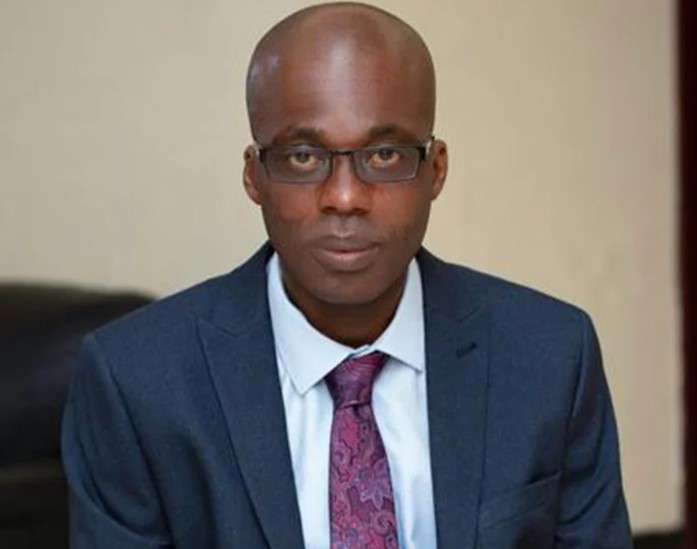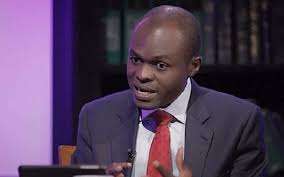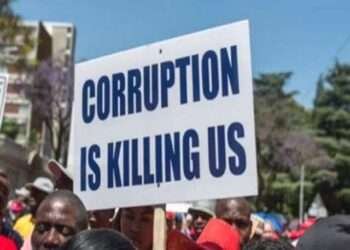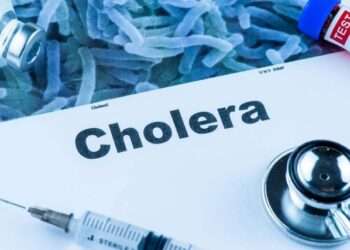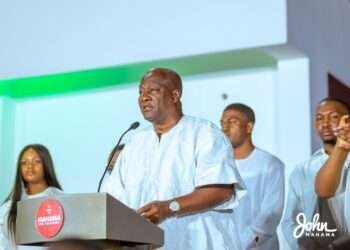In the lead-up to Ghana’s general elections, the Centre for Democratic Development (CDD) has cast a spotlight on the substantial financial demands associated with implementing health manifestos proposed by the country’s two major political parties, the National Democratic Congress (NDC) and the New Patriotic Party (NPP).
According to CDD Ghana’s Senior Fellow Dr. Kwame Sarpong Asiedu, the projected cost of executing these manifestos over four years would amount to a staggering $32.4 billion.
In his analysis, he broke down the numbers, revealing that the NDC’s health agenda would require an estimated $18.5 billion, while the NPP’s plan would cost approximately $13.9 billion.
In his assessment, Dr. Asiedu explained the projected costs for each party’s health promises. Meanwhile, their analysis suggested an annual budget of $4.63 billion for the 111 health-related promises outlined in the NDC’s manifesto.
The NPP, meanwhile, would require about $3.48 billion annually to fulfill its 52 health commitments.
He highlighted the impracticality of these ambitious plans given Ghana’s current economic constraints and raised concerns about the lack of transparency regarding funding sources.
“Four years from now, we’re likely to be questioning why many of these promises were unfulfilled.”
Dr. Kwame Sarpong Asiedu CDD Ghana’s Senior Fellow
He alluded to the historical trend of electoral promises that remain unimplemented.
Dr. Asiedu also urged both parties to clarify how they intend to secure funding, especially given Ghana’s significant budget deficit.
Skepticism from NPP and NDC Representatives
Dr. Anthony Nsiah-Asare, the NPP’s Presidential Advisor on Health and spokesperson for the party’s health manifesto, expressed reservations about the CDD’s financial estimates.
While not disputing the importance of substantial investment, he contended that the NPP’s approach was grounded in fiscal responsibility.
“We are on course to meet our 15% GDP target for health. We plan to work with the private sector to strengthen our health care system.”
Dr. Anthony Nsiah-Asare NPP Presidential Advisor on Health
Nsiah-Asare pointed to the NPP’s intent to collaborate with private sector stakeholders as a core strategy to reinforce Ghana’s healthcare infrastructure. He withheld specific budgetary figures but emphasized that the party’s plan had been rigorously costed.
He suggested that unforeseen economic variables could affect the feasibility of full implementation.
”We have done our calculations, but I can’t predict the 2025 economic Climate”
Dr. Anthony Nsiah-Asare NPP’s Presidential Advisor on Health
Meanwhile, Professor Titus Beyuo, the NDC’s parliamentary candidate for Lambussie and former General Secretary of the Ghana Medical Association, voiced doubts about the foundation of the CDD’s estimates.
“I don’t know the source of your 111 promises, For instance, our free primary healthcare policy is phased and projected to cost $49 million annually.”
Professor Titus Beyuo former General Secretary of the Ghana Medical Association
Beyuo’s statement indicated that the NDC’s health plan could be more incremental than projected, with a phased rollout of key programs.
Manifestos as “Wish Lists”
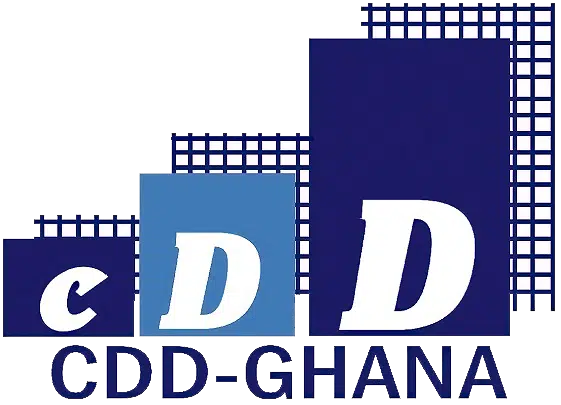
Dr. Asiedu also commented on a broader issue affecting electoral promises, describing political manifestos as “wish lists” that often prove unrealistic due to the scarcity of resources.
He noted that both parties’ health proposals illustrate the challenge of reconciling aspirational promises with fiscal realities.
The CDD’s financial breakdown, in his view, underscores a recurring pattern in Ghana’s electoral landscape.
Dr. Asiedu warned that without greater transparency regarding funding sources, Ghanaians should expect more unfulfilled promises.
Calls for Transparency and Fiscal Accountability
Amidst an increasingly competitive political climate, the CDD’s report is a call for greater accountability and transparency.
Dr. Asiedu emphasized that the public deserves to know how the parties plan to fund their promises, given Ghana’s budget deficit and constrained fiscal space.
The Role of Private Sector Investment
One notable element of the NPP’s plan is its focus on private-sector partnerships to achieve its health goals.
Dr. Nsiah-Asare reaffirmed the party’s intention to leverage private capital to help finance healthcare infrastructure and services.
This approach, if executed effectively, could relieve some of the fiscal pressure by mobilizing resources from the private sector.
However, critics argue that such reliance could make healthcare delivery more market-driven, potentially reducing accessibility for low-income Ghanaians.
Dr. Asiedu’s analysis suggested that private-sector engagement, while beneficial, cannot be a substitute for robust public investment.
A Fiscal Crossroads for Ghana’s Health Sector
The CDD’s findings reveal the enormity of the task facing Ghana’s health sector under either party’s leadership.
The projected $32.4 billion expenditure over four years highlights the immense fiscal responsibility associated with both manifestos.
As political parties compete for voter support, the cost analysis by Dr. Asiedu and the CDD served as a reminder that ambitious promises must be grounded in feasible funding strategies.
In closing, Dr. Asiedu cautioned that both parties’ health promises could lead to disappointment if voters are not given a realistic picture of the challenges ahead. This meant that Political parties must be more transparent about their funding plans if they are serious about transforming the healthcare system.
Ultimately, the question remains whether either the NDC or NPP will deliver on these ambitious promises in a way that balances fiscal responsibility with meaningful healthcare improvements.
READ ALSO; Antoine Mensah Refutes GMX Streaming Platforms’ ‘First’ Tag

